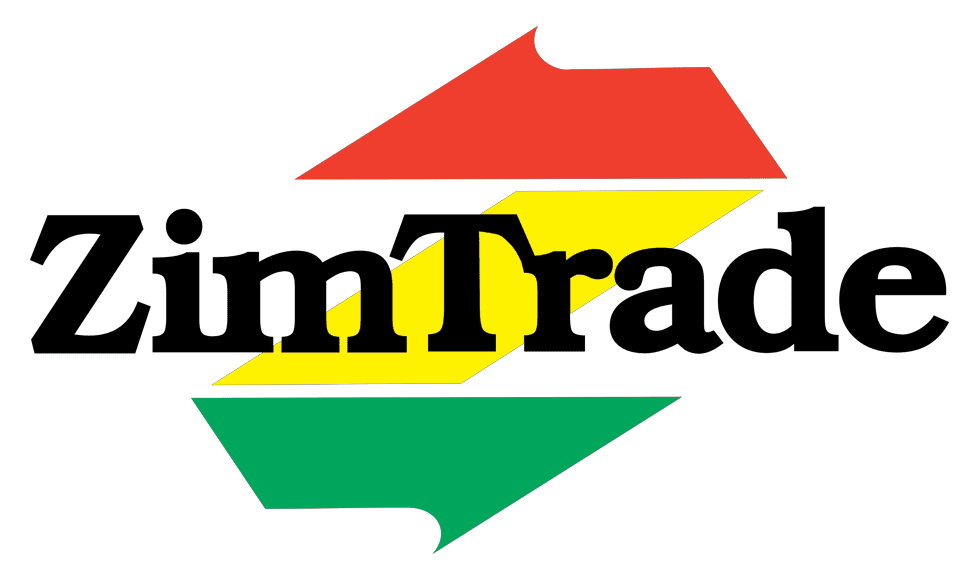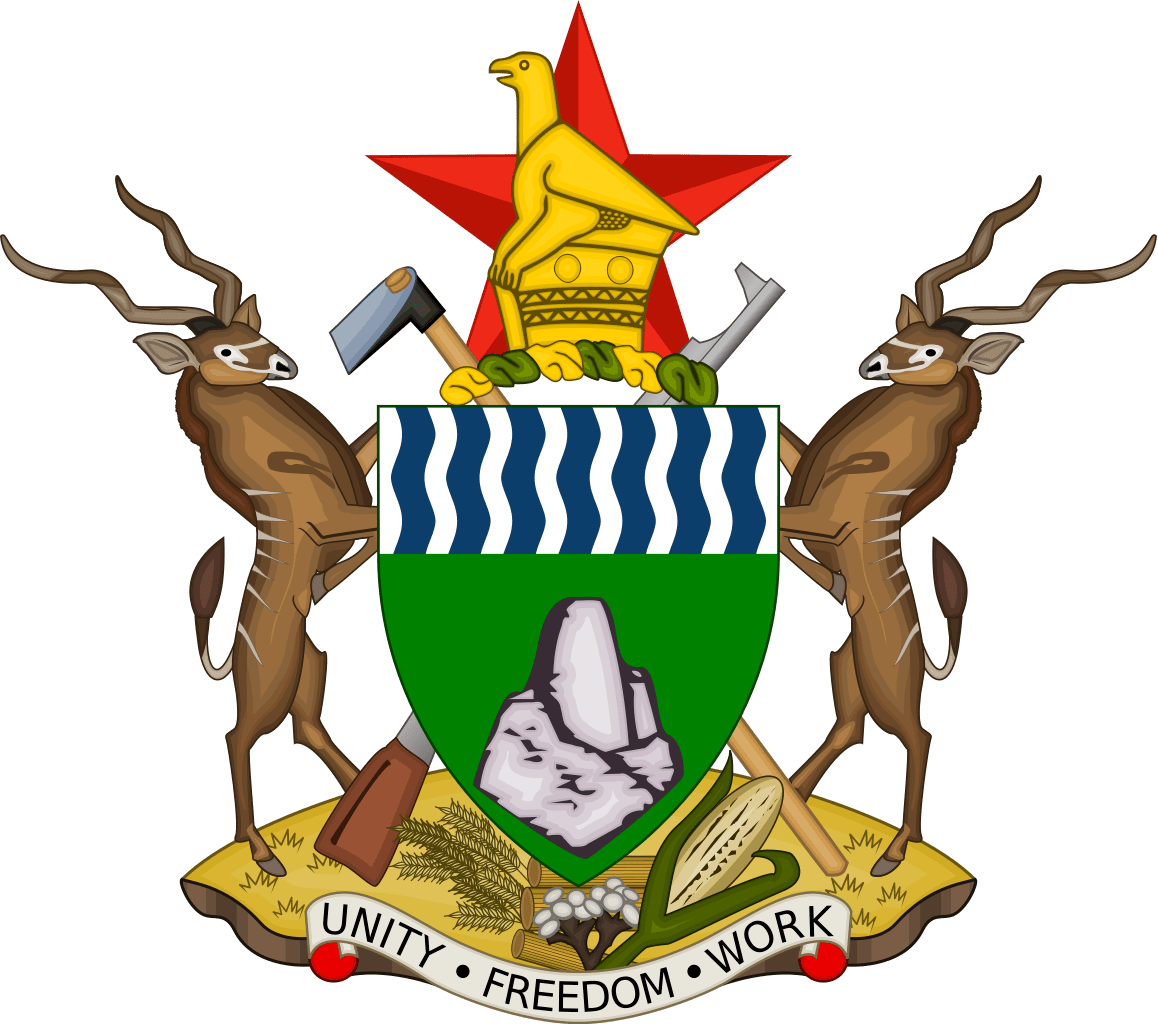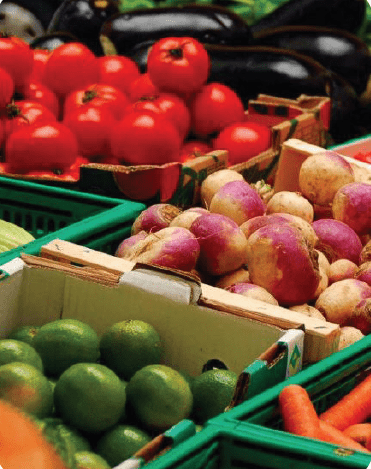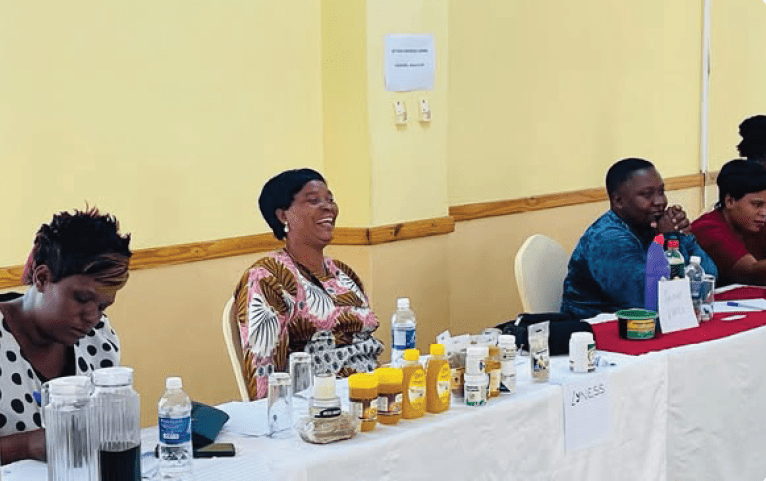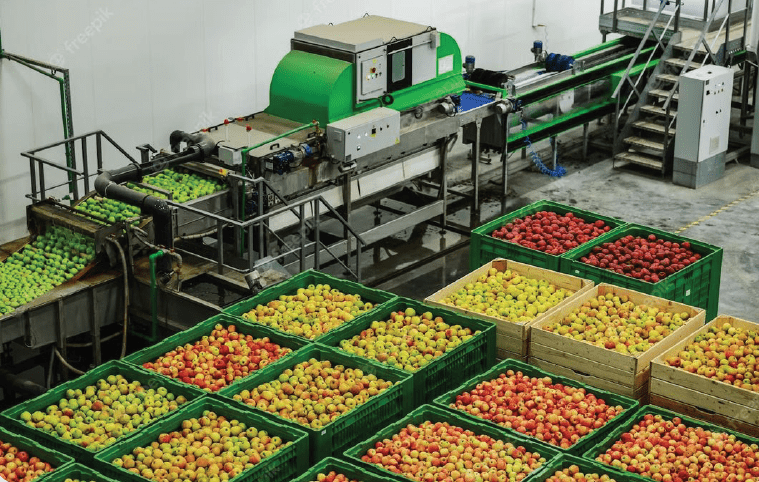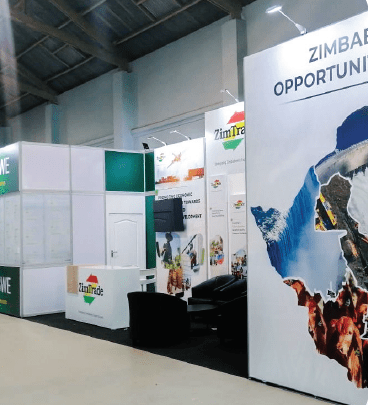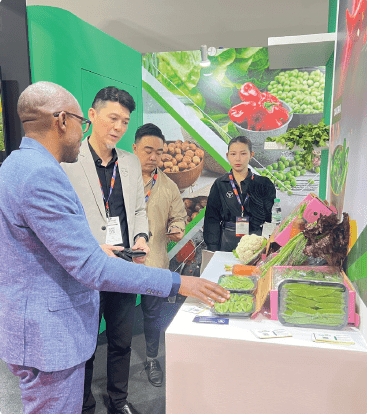Zimbabwe’s exports, and economy in general stands to amass huge benefits if local companies increase production, beneficiation and value addition.
In fact, value-addition is currently at the centre of the Second Republic’s development agenda, with President Mnangagwa being clear on the direction that local businesses should take.
Speaking recently at the Zimbabwe-Rwanda Trade and Investment Conference, President Mnangagwa challenged businesses to discuss viable options that will increase value-addition and export diversification.
“The outcomes and recommendations of the conference deliberations must continue to inculcate a culture of progressive collaboration, production, and productivity.
“In this regard, I call upon our industrialists to enhance value addition and diversify our export mix through competitive and efficient value chains.
“In doing so, Africa will put to an end the perennial and unfortunate challenge of exporting primarily raw commodities from its sectors of the economy,” said the President.
When one considers the current global demand and supply patterns, there is no doubt that local companies that want to secure export markets over extended period of times should increase value-addition across all sectors.
Why value-addition matters
Technological progression, fierce international competition, market diversity as well as various other pressures have resulted in the need for a change in the way companies and by extension, countries approach their exports.
Innovation lies at the heart of this change, as the age-old practice of ‘produce-and-sell’ is gradually losing its flavour, and is increasingly being replaced by the need to first understand what consumers want from products, and aligning production to those customer requirements.
This has seen an unprecedented demand for value added products across industries and sectors which has in turn led to economies advancing due to the sale of value-added products to outside markets.
Value addition can simply be defined as the process of transforming a product from its original state to a more valuable state.
Higher prices and increased profits can be realized from the sale of value-added goods.
In addition, value added goods are able to stand out and be differentiated from competitor products through branding and improved packaging.
Well manufactured, branded and packaged products can increase market share for exporters, as they tend to attract more customers who eventually become loyal to those brands.
In the long run, value addition also results in cost efficiency as manufacturers are able to produce higher value goods with a given set of resources.
While it is true that some products are more valuable in their raw state, there is evidence to show that more benefits accrue from the transforming primary products into finished goods.
Industries actively involved in value addition can inevitably create employment for the various functions that are needed such as packers, machine operators, factory workforce and research and development personnel among others.
The leather industry is a fine example of such an industry as the value chain includes animal husbandry, industrial and assembly processes as well as branded marketing after which finished and semi-finished products are traded between companies and countries.
The industry’s success relies heavily on state-of-the-art manufacturing skills that improve operational efficiency, leading design skills and information technology systems as well as top notch marketing of products.
The returns of each sub-industry are very high and research and development lie at the core of continuous improvement for the industry.
Further to the aforementioned, value addition also results in increased national and regional gross domestic product.
Value addition also includes the enhancements of products through a variety of improvements such as packaging and branding, increasing safety or nutritional value, processing, fortification and better or extended storage. In the textile and clothing sector,
For example, Zimbabwe currently produces high-quality unbranded clothing for the export market, which are later branded and sold as products of other countries for much higher prices.
There is a gap for the development of leading global clothing brands in that sector as branded items are able to fetch higher prices and establish customer loyalty globally.
ZimTrade, the national trade development and promotion organization, is currently engaged in establishing a Centre of Excellence that will address this anomaly by improving clothing manufacturing in terms of design and variety to the extent of developing local brands that can compete head-on with well-known brands internationally.
A case for dried and value added agro-produce
The opportunities for value addition in sectors such as agriculture and allied industries are immense.
For example, the last few years have seen an increase in the production quantity and quality of fruit and vegetables produced in the country, yet these are mostly being exported in their raw state.
However, dried vegetables and herbs have various culinary applications both locally and abroad, as do cured, canned, smoked and pickled foods.
These, in most cases, cost more and offers better returns for companies that are focused on value additions.
Looking into the future, dehydrated vegetables and herbs specifically, are highly likely to see more demand internationally owing to the convenience and health benefits they offer.
According to Trade Map, US$3,8 billion worth of dried vegetables, whole, cut, sliced, broken or in powder, but not further prepared – were exported.
Top exporters included China, United State of America (USA), Germany, the Netherlands and India among others.
Egypt holds the only spot by an African country in the list of top ten exporters in this category, exporting to destinations that include Japan, Belgium, USA, Netherlands and Germany.
In 2019, Egypt exported 13.6 tons of dried onions worth US$39.1 million, which represented 8.1 percent of the total global exports of dried onions.
Value-addition to cut post-harvest loses
Through value addition, other national challenges can be addressed: such as issues to do with food wastage which can be curtailed to reduce post-harvest losses.
Where fresh agricultural produce cannot all be absorbed by the local and export market, various other products can be derived from the excess and so extend the production season.
The contribution of value addition to food security therefore cannot be ignored.
The ability to guarantee food security also helps creates a much-needed foundation for producers to improve their bargaining power and increase the proceeds from their effort.
A model example of this prevention of food waste, is the harnessing of excess mango output in Gokwe, Nkayi and surrounds; to dried fruit by Agricultural Business Centre – a social enterprise that adds value to farm produce in that area through processes such as fruit and vegetable drying.
The organisation also does oil processing from sunflower while the cake is used for stock feed formulation.
Value addition has also seen the empowerment of women who have taken the opportunity to build sustainable businesses from value addition of fruits and vegetables.
For example, Shumbakadzi, a Bulawayo based woman-led business, sources organically grown fresh fruits and vegetables from local small holder farmers and further processes these into a variety of healthy, preservative free foods and snacks.
Multibrands, another Bulawayo based female-led company is also producing high quality sauces and condiments from local fruit and vegetable suppliers and has attracted considerable interest in South Africa and is currently servicing orders from that market.
Need to participate in regional value chains
As the continent eases into trading under the Africa Continental Free Trade Area (AfCFTA), there are opportunities for regional cooperation in strengthening value chains and in value addition.
Currently, a challenge faced by developing nations in their quest to be integrated into the global trading system is the range and technological content of the goods and services they produce for export.
Promoting value addition and enhancing domestic productive capacity is therefore of importance in developing countries as they seek to participate beneficially in global trade
To achieve this, there is need to collectively develop policies aimed at lowering production costs towards enhancing productivity and increasing profit levels.
This would involve, among other things: decisively dealing with bureaucracy and other processes and policies that do not promote doing business, within and across borders.
Further to that, there is need for African governments to expeditiously reduce barriers to trade between nations as this will subsequently improve trade between African nations.
Developing value addition in regional supply chains is also a multi-stakeholder task that calls for many activities to be put in place.
here has to be collaboration among financial institutions, government agencies, development organisations, producers and communities.
Financiers must fund the whole system including processing and markets while producers and communities do the work to give the desired output.
Development organisations must identify and capacitate producers with the requisite skills and training needed for value addition, while government and its agencies and departments create and maintain a suitable policy environment for the sustainable development of value addition projects.
